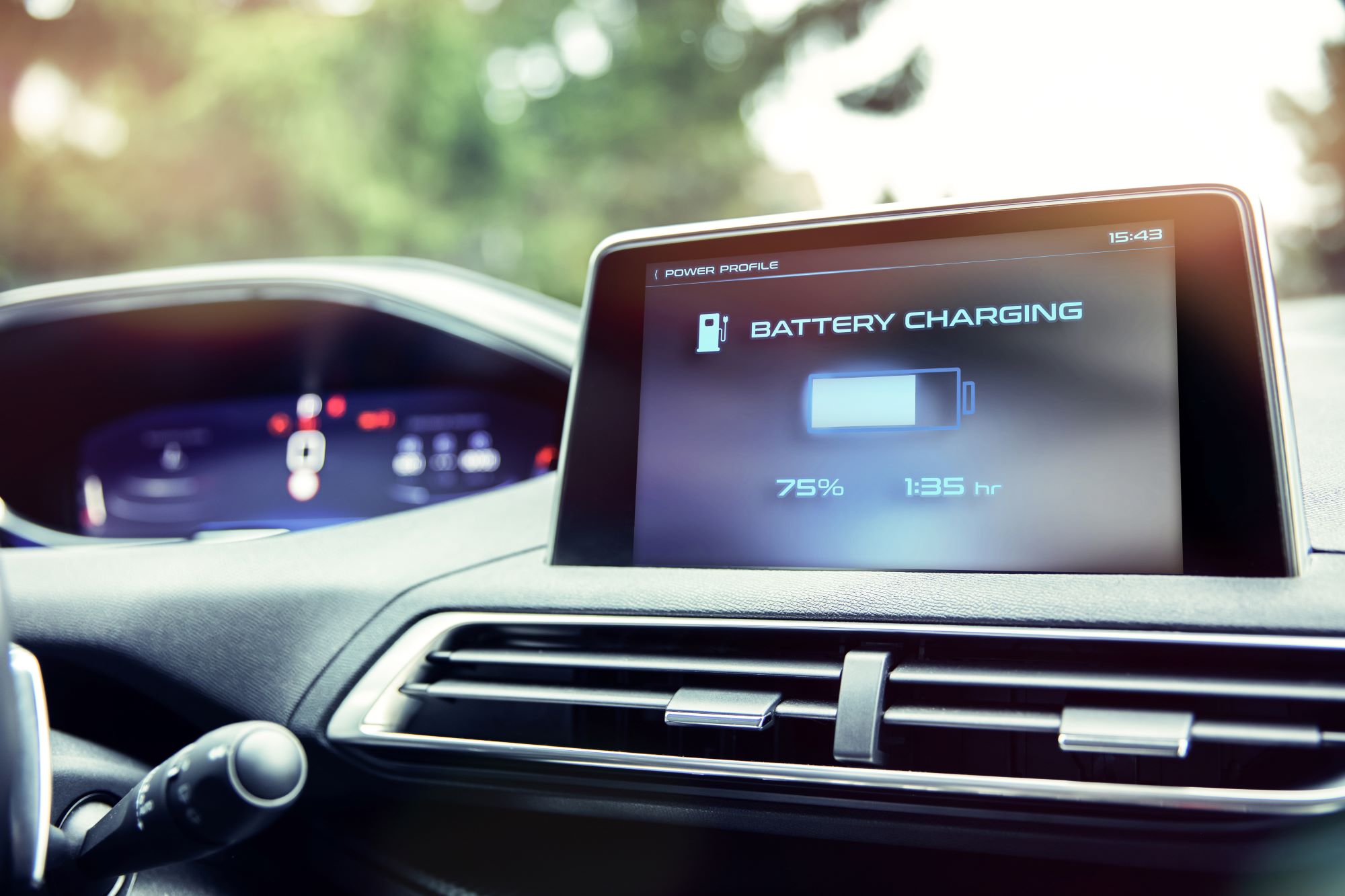New safety training is available for workers in collision shops, the towing industry, and other workplaces where there are electric vehicle batteries.

Photo credit: istock.com/baloon111
Just over a year ago, I wrote about the need to raise employers’ awareness of electric vehicle (EV) safety. I spoke with Percy Chua, a manager in WorkSafeBC’s Risk Analysis Unit, who advised of the risks involved with damaged electric cars. See my post, Protect workers from the hazards of electric vehicles.
Namely, EV batteries can short-circuit and catch fire. So it’s important that anyone handling damaged EVs understand how to control and mitigate those risks.
Then recently, when following up on this topic, I saw the Automotive Retailers Association (ARA) of B.C. offering some new courses. These “EVFriendly” training courses cover safety best practices for collision repair, auto recycling, towing, motor dealers, and mechanical repair.
To find out more, I contacted Ken Hendricks, the ARA’s senior industry advisor.
“We designed the courses because there was nothing available for those industries. We needed something that was going to be affordable and accessible,” Ken says. “Those handling electric vehicles must be trained to understand the risks.”
Each online course takes about three to five hours to complete. Ken says they’re intended to meet a range of learning styles.
“There’s generally a mix of narrative, video animation, and some written text as well. It’s broken into modules. You must complete a short quiz before you can proceed to the next module, and then there’s a final exam at the end,” Ken says. “By the time you’ve completed the course, you have a thorough understanding of the EV topic at hand. You’ll know how EVs operate and what you need to be aware of in terms of safety and best practices.”
Safety concerns along the EV lifespan
Here are some examples of safety concerns Ken and I discussed.
For the towing and recovery industry, safe storage is important if a vehicle shows warning signs it requires special storage and space. “For instance, if the vehicle had been in a fire and the firefighters came and extinguished the flames, it can erupt again for a period of 48 hours,” Ken says. “In some rare cases, this has happened up to 30 days later.”
For collision shops: “Obviously be very careful when you’re welding and keep within the appropriate distance. And be aware of the high heat in the paint booth.”
For vehicle dismantling sites (also known as scrap yards): “An EV needs to be processed relatively quickly after receiving the vehicle. There are dangers in not storing the battery properly. Even though a vehicle is shut off, there’s still very high voltage in the vehicle. It can electrocute you. That’s why workers really need to be trained.”
Listen to Ken’s EVFriendly podcast and see the EVfriendly website for much more information. Also see The evolution of electric vehicle safety by WorkSafeBC.
Thanks to Ken for a very interesting conversation that even touched on the topic of driverless cars and when we might see them. But that’s a whole different blog post…


